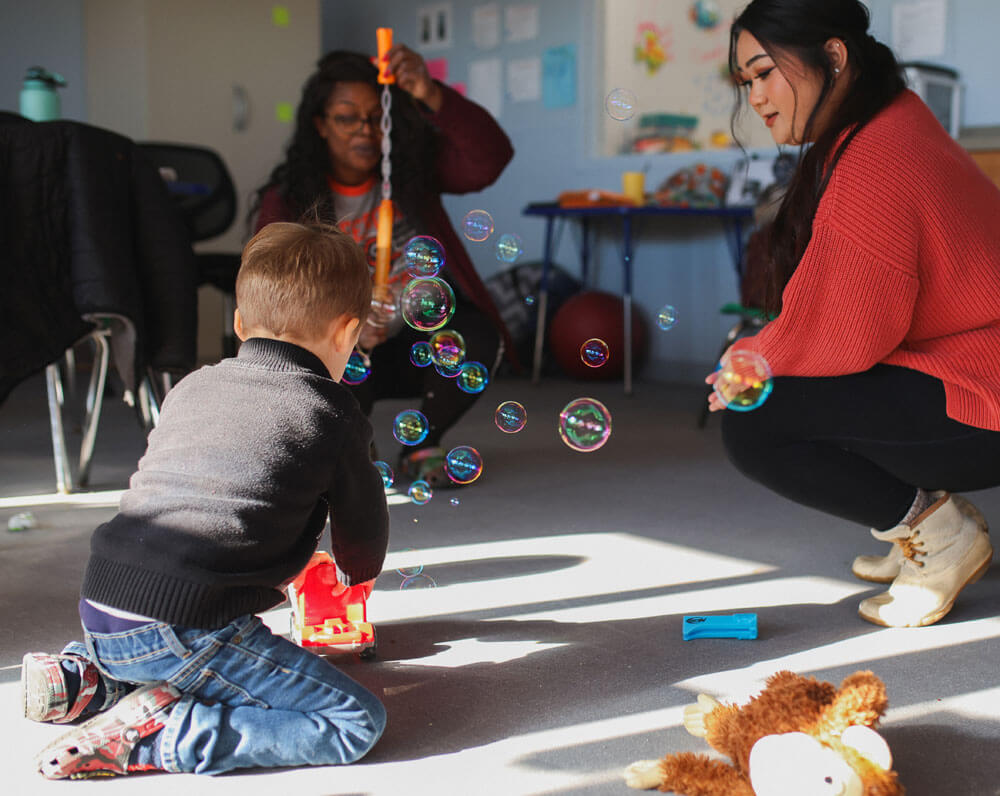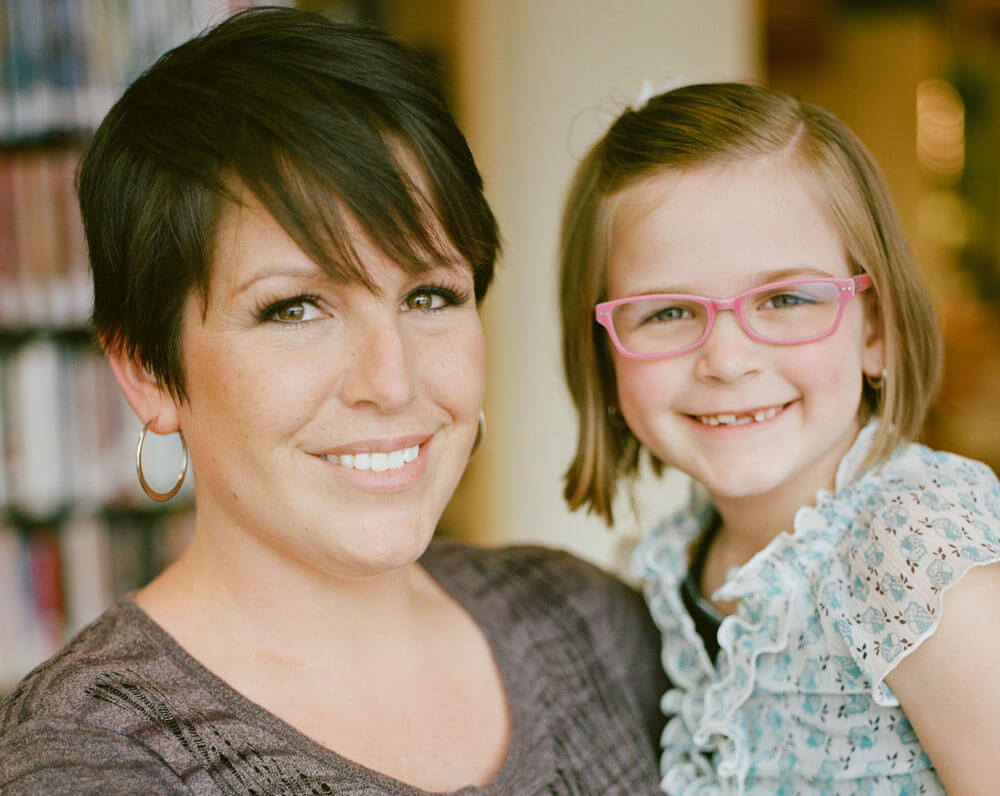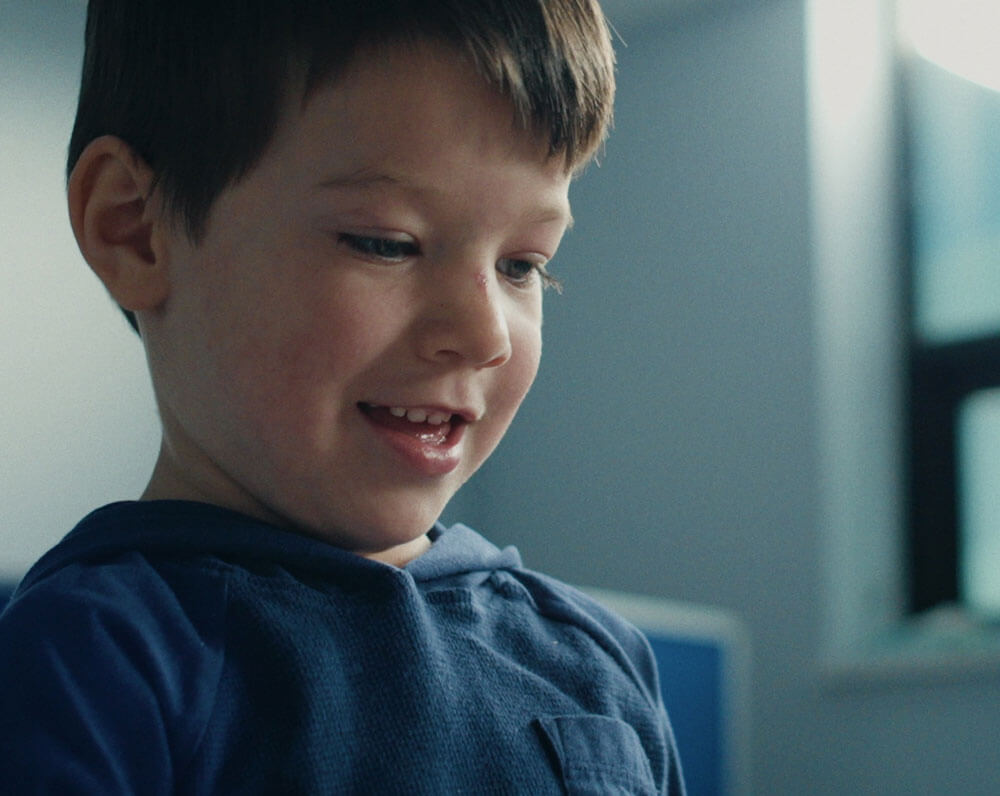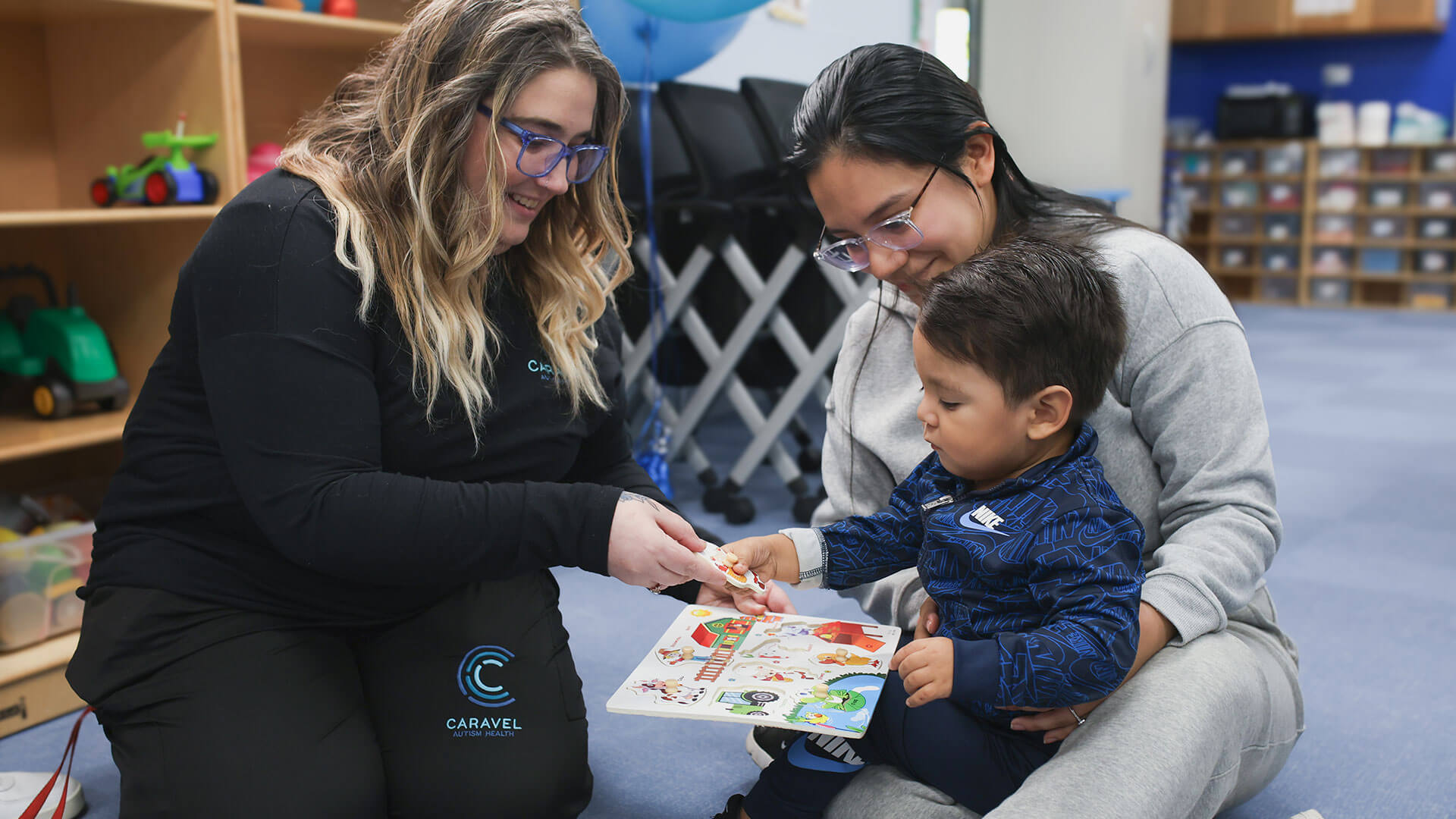
Caregiver Collaboration
You are an important part of your child’s therapy, so participation in caregiver collaboration is part of the prescription. Depending on your child’s therapy plan, your Caravel team will schedule training on a regularly recurring basis, typically weekly. Some of these training sessions may be delivered via telehealth, as appropriate.
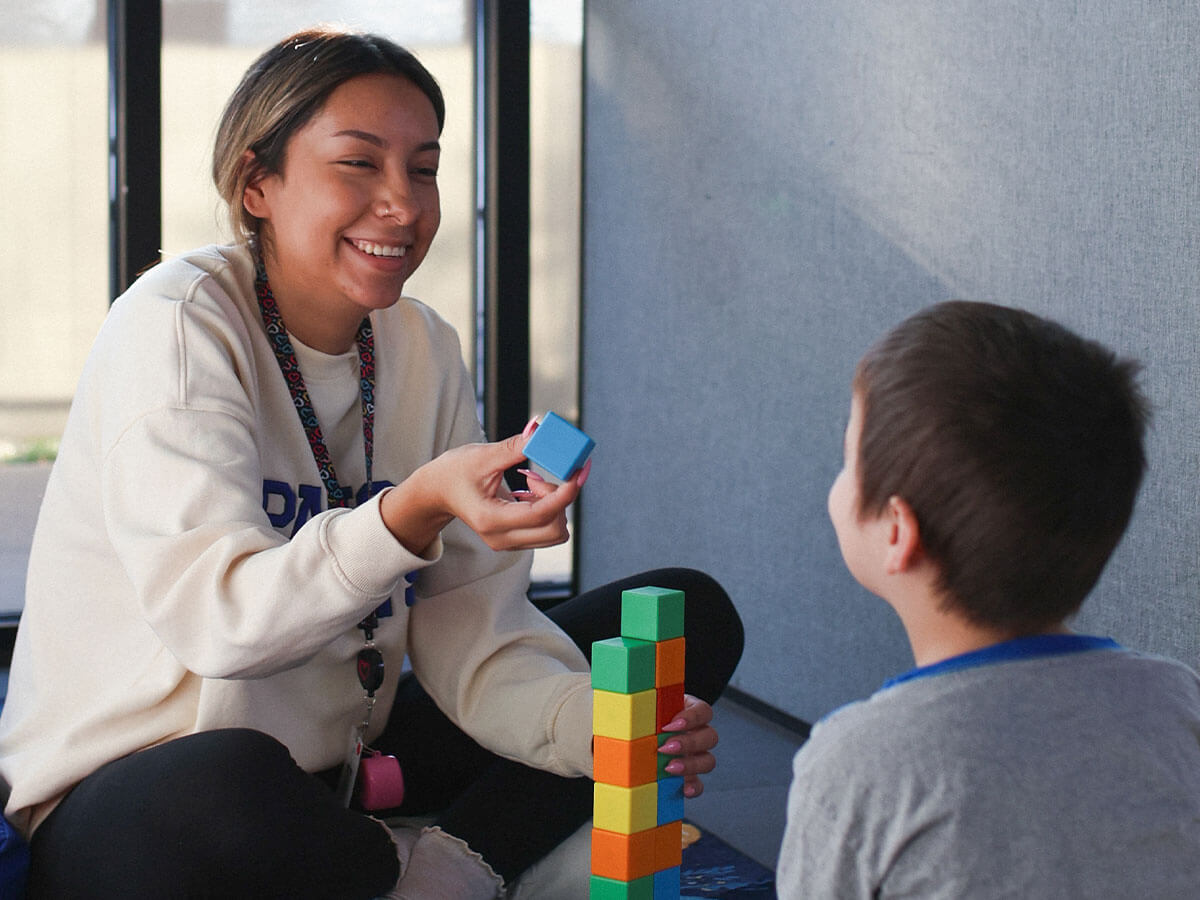
The Support You Need
Through its team of licensed clinical psychologists, psychometrists, and outpatient therapists, Caravel Counseling & Diagnostics (CCD) partners with our ABA teams to provide counseling services for our clients and their families. We also can put families in touch with other support organizations and support groups where they can connect with others facing similar challenges and share experiences.

Individualized Support Services
Generally, as a way of introducing families to ABA treatment, family support is recommended after the initial diagnosis. Individual psychotherapy and family support might also be beneficial for a child who is waiting to start intensive ABA therapy.

Continued Support and Follow-Up
One-on-one psychotherapy also provides a valuable transitional resource for children and families graduating out of intensive services.
Frequently Asked Questions
Both terms are used, often interchangeably, but each can have its own specific implications. Caravel Autism Health chooses to use the term “autism therapy” because it most accurately represents what we do. Our methodology (and the principles of ABA) involve developing a child’s verbal and social skills—a “therapy” approach—to promote better quality of life for the child and their family. The word “treatment” is often associated with the use of medications and can also imply a “cure” or a guaranteed outcome. There is no “cure” for autism, but through the therapy that Caravel provides, children and their families can experience better, more fulfilling life outcomes.
No. Safety, dignity, and personal preference are essential components of any ABA program. With an assent-based learning model, the child’s needs, choices, and autonomy are at the center of every plan. ABA providers work directly with people with autism to choose meaningful goals.
Yes. Choice is an essential part of an ABA program. Providers incorporate choice throughout the therapy process. This begins at intake when an individual and their caregivers work with providers to set goals that are important to them. The incorporation of choice is continually evaluated throughout therapy.
ABA providers teach evidence-based communication skills to people with autism, so they can express their wants and needs, strengthening their ability to advocate and participate in ongoing treatment decisions and person-centered planning. ABA therapy focuses on empowering people with autism to navigate their world and live connected and healthy lives.



